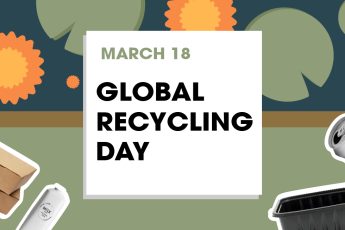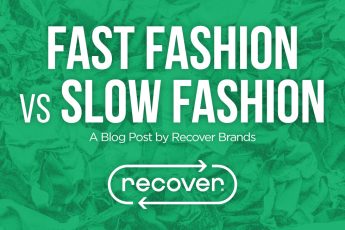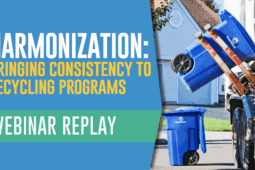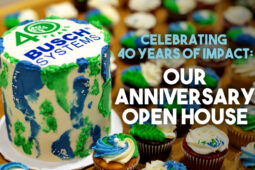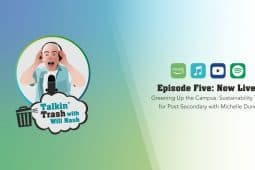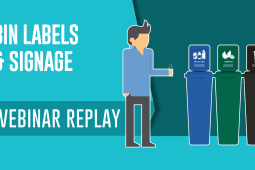The famous/infamous plastic bag ban has caused quite a stir in the state of California, garnering the attention of the entire country in the process. This is the first law of its kind to go beyond cities and municipalities, encompassing the entire state of California. If it proves to be successful, more state governments plan to put similar bans on plastic bags in place.
The ban has been met with quite a bit of opposition from the plastic bag industry and members of the general public.
As of July 1, 2015, all grocery and convenience stores in California that are over 10.000 square feet or make more than $2 million in gross sales a year, will no longer supply free plastic bags to customers. Reusable bags, including handled paper bags, can be purchased by customers at a fee of 10 cents per bag.
Bill 270 also authorizes local governments to impose fines of up to $5,000 on businesses that don’t get rid of their single-use bags or fail to charge for substitutes.
This bill won’t come into effect until next year, but a little foresight doesn’t hurt!
Bill 1826 will take place in the following stages over the next few years.
- April 2016: all California businesses that generate 8 cubic yards of organic waste a week must recycle or compost that waste.
- 2017: California businesses that generate 4 cubic yards of organic waste will be required to recycle or compost that waste.
- 2020: The Department of Resources Recycling will decide if it is necessary to drop the amount down to 2 yards per week.
AB 333: Medical Waste Management Act
This bill will affect a number of procedures that licensed haulers of medical waste currently have in place. The changes include:
- Large and small quantity generators that operate treatment equipment will receive annual training to operate the equipment.
- Registered large quantity or small quantity medical waste generators are authorized to generate medical waste at a temporary event (including vaccination clinics) and would require large/small quantity generators to notify the enforcement agency of its participation at such an event at least 72 hours beforehand.
- Removing provisions that conflict with the United States Department of Transportation.
- A person who is authorized to collect solid waste and who unknowingly transports medical waste to a solid waste facility will be exempted from the entire act.
- Carcasses of animals that have died or have been euthanized due to infectious disease to be treated with a treatment technology approved by the department if it’s deemed a danger to humans.
Under this bill, every new tire purchased in the state of California will have an additional tire disposal fee. Revenues from this fee will be added to the California Tire Recycling Management Fund where it will be used for programs related to waste tires.
Parks will also receive grants to install any landscaping material or other public amenities made from recycled tires.
AB 2355: Recycled paving materials
Starting January 1, 2015, any local governments that have jurisdiction over a street or highway need to do either of the following:
- Adopt the standards developed by the Department of Transportation for recycled paving materials and for recycled base, sub-base, and pervious backfill materials.
- If they aren’t adhering to these new provisions then they must be discussed at a public hearing
SB 1274: Used Mattress Recovery and Recycling Act
California currently has plans to help ensure mattresses are disposed of properly. New provisions under the Used Mattress Recovery and Recycling Act include:
- Any manufacturer, renovator, retailer, or distributor that sells a mattress to add a charge to the purchase price of the mattress
- A plan to allow an individual to drop off a mattress at a recycler, renovator, authorized solid waste operation, or other municipal facilities that accept mattresses
- Clarification of the definition of a “Solid Waste Facility” to determine where a mattress can be taken to be disposed of
- Any manufacturer, organization, recycler, renovator, or retailer in violation of the act will receive a civil penalty
Sources
http://leginfo.legislature.ca.gov


